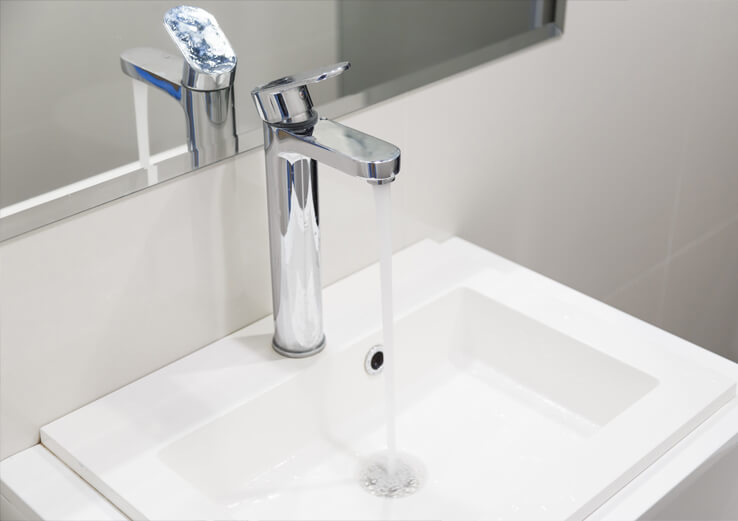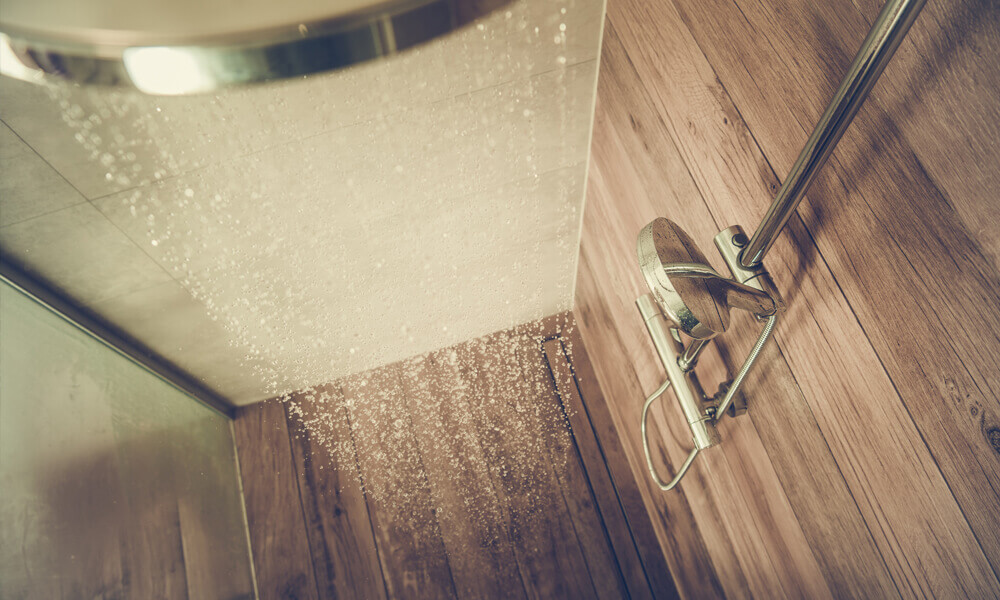LEGIONELLA RISK ASSESSMENTS
The law is clear that landlords who rent out a property have a legal responsibility to ensure the health and safety of their tenant(s) by keeping the property safe and free from health hazards.
HOW SDB CAN HELP
We carry out a simple Legionella Risk Assessment at your property to determine the risk from exposure to Legionella and, thus, ensure the safety of your tenants.
Likewise, we also conduct this service on a commercial basis on behalf of business owners or people responsible for a building. Consequently, ensuring the safety of the employees.

Why choose SDB to carry out a Legionella Risk Assessment?
Because we are plumbing and heating specialists, we can quickly determine the type of system you have and therefore the potential hazards involved. Our simple checks will highlight the sources of the potential risk and how to reduce the risk. Furthermore, we’ll tell you the steps that can be taken to prevent future problems arising. Finally, we’ll provide an estimate to remedy anything identified on the report.
What is Legionella?
Legionella is a pathogenic (disease causing) group of bacteria that cause legionellosis. The most common type is called Legionella pneumophila (pictured above).
Legionella is commonly found in natural environments that pose little risk like rivers, lakes and reservoirs. Some man-made items, however, also provide an environment where Legionella can grow and the risk is much higher. These include taps, showers, toilets, air conditioning units, spa pools, hot tubs, evaporative condensers, and cooling towers.
What is Legionnaires’ disease?
Legionnaires’ disease is a form of pneumonia that you can catch by inhaling small droplets of water that have been contaminated with Legionella. Although it’s quite rare, it can be very serious and even fatal if not treated. Most people make a full recovery but some people are at greater risk. These include:
- People aged 45 or above.
- Anyone with a low immune system.
- People with diabetes, lung disease, heart disease, kidney disease or a respiratory condition.
- Smokers or heavy drinkers.
Why is Legionella more of a concern for landlords?
The water systems in the majority of residential properties are considered low risk. This is because they are used regularly and, therefore, the water is constantly moving and not stored for any length of time.
Rental properties, however, can be different. Some rental properties – particularly student properties – may be left unoccupied for longer periods of time. And this presents more of an opportunity for the build up of Legionella bacteria due to stagnant water.
Similarly, in a house of multiple occupation (HMO) there are, by nature, more shower heads and water outlets. And sometimes even insufficient pressure from mains water, which can lead to water storage and increased risk.
In addition, landlords often live a long way from their property. So keeping a check of the water system is often overlooked (as opposed to having a gas safety check, or a boiler service for example which are commonplace). This means that residue such as rust and sludge can find its way into the water system and contribute toward the growth of bacteria.
Furthermore, something seemingly innocent, like not adequately covering your water tank, may encourage microorganisms such as biofilm to grow on the surface of the water. And this could, again, encourage Legionella bacteria development.
If you don’t live at your property, you can’t always keep on top of issues such as these. Or you may not always consider asking someone else to check them for you.
What do Legionella Risk Assessments involve?
SDB conducts Legionella Risk Assessments both domestically and commercially. These vary slightly in what they include, largely due to the fact that a commercial system will tend to be larger in size.
Domestically, we will:
- Carry out a documented inspection of the property to identify the type of system installed.
- Establish the sources of potential risk.
- Advise on how to reduce the risk.
- List the steps that can be taken to prevent future problems arising.
- Advise on any changes that need to be made or work that needs to be carried out and give an approximate cost
Commercially, we will do all of the above, PLUS:
- Advise you on appointing a responsible person within your organisation.
- Provide you with a testing record sheet (to be signed and dated on independent testing).
- Provide you with a copy of the Approved Code of Practice L8 (Legionnaires’ disease) document.
Additionally, we do provide a chlorination service should your property require it.
Simple steps to help prevent Legionella

Here are a few tips on how you can prevent the build up of the Legionella bacteria in your property or workplace.
Circulate your water regularly. Thus preventing storage and stagnation.
Set the temperature of your hot water system to make sure water is stored at 60ºC.
Make sure you have a tight fitting lid on your cold water tank (if you have one) so that no debris can find its way inside.
Remove any pipework that isn’t in use.
Clean taps and shower heads regularly to prevent the buildup of limescale (Legionellosis has been linked to limescale buildup).
Flush the system if your property has been unoccupied for any length of time.
THE SDB DIFFERENCE
SDB Plumbing & Heating is built on trust, honesty and an exceptional knowledge of the industry. We listen to what you want – so we know that our heating solutions are right for you and within your budget. Moreover, we’re committed to the highest standards of workmanship and customer service.
And rest assured we are Gas Safe Registered (No. 563340)
OUR OTHER SERVICES
These are the plumbing and heating services that SDB provides both domestically and commercially across Staffordshire and Cheshire.
STOKE ON TRENT
01782 914020
LEEK
01538 809011
CONGLETON
01260 606003
STOKE ON TRENT
01782 914020
LEEK
01538 809011
CONGLETON
01260 606003







